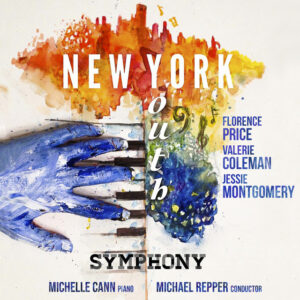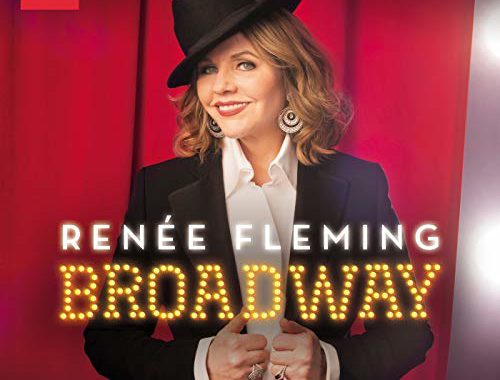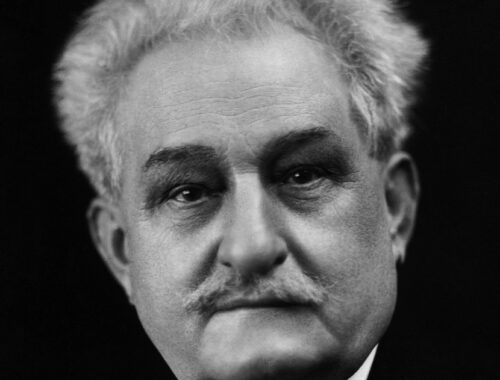GRAMOPHONE Review: Price/Coleman/Montgomery – New York Youth Symphony/Repper
 Florence Price is fast becoming the flag-bearer for a whole new generation of female African-American composers. And she is also a wonderful example of how quality will out if champions like Yannick Nézet-Séguin (his terrific disc of her First and Third Symphonies took us all unawares) are on hand break the chain of neglect and obscurity.
Florence Price is fast becoming the flag-bearer for a whole new generation of female African-American composers. And she is also a wonderful example of how quality will out if champions like Yannick Nézet-Séguin (his terrific disc of her First and Third Symphonies took us all unawares) are on hand break the chain of neglect and obscurity.
This particular album is yet another example of a project in a sense fortified by the Covid pandemic and the fact that it features a youth orchestra – New York Youth Symphony – is a heartening indictment of innocent ears opening to both the undiscovered and the entirely new. They give it their all. Price’s Ethiopia’s Shadow in America (recorded for the first time by an American ensemble) is a fitting foundation for the disc, its focus not so much on the indefensible reality and inhumanity of slavery as the enduring spirit to rise above it. For sure its first pages are marked with a cry of anguish across the entire orchestra – but a nobility of utterance shines through them and it isn’t long before the emergence of a simple spiritual (in the second section of the piece) finds solace in a solo cello and reach on its journey from solo oboe to balmy (and majestic) horns. And don’t for a moment think that a cakewalk is a somehow inappropriate conclusion to what has gone before – because this is the music that Price knew and found joy in. It was something to be celebrated.
Turning to the other Price opus featured here – the Piano Concerto in One Movement (1934) – it is once again striking that the Europeanisms are set against tunes with a distinct flavour or ‘ache’, you might call it. She celebrated and ennobled music of the African diaspora; the simple and homespun grow mighty in her music. Again we have a slow movement where the tune – or ‘spirtual’ – is very much the thing. And where there is singing, there is dancing. The finale is pure Ragtime and these young players, under Michael Repper’s enthusing, seem instinctively to feel its origins. Earthy and a tad awkward. The piece all but belongs to pianist Michelle Cann who gave its New York and Philadelphia premieres.
The other two composers – Valerie Coleman and Jessie Montgomery – speak a musical language more in tune with the ‘currency’ of their performers. Indeed Montgomery is an NYYS alumni. Her Soul Force (2015) is very now. Soul and Hip-Hop are there – in the subtext if not in the foreground (bodily rhythms are writ large in the percussion) – and a more assertive Big Band Jazz which drives its mounting affirmation has the ring of Ellington’s Harlem about it. The inspiration comes from Martin Luther King who spoke of ‘meeting physical force with soul force’. Just so.
Coleman’s Umoja takes the Swahili word for ‘unity’ and makes a kind of tribal unity of it. The piece is born of a simple song for women’s chorus – Appalachian in style and inflection – and in its orchestral incarnation the song becomes Songful. As with Montgomery’s piece it grows in fervour with the acquisition of colour and rhythm until a communal joyousness is communicated. The means may have been different but the path to affirmation is really not so far removed from what Florence Price was doing nearly a century before.
You May Also Like

GRAMOPHONE Review: Broadway – Renée Fleming, BBC Concert Orchestra/Fisher
02/01/2019
GRAMOPHONE: From Where I Sit – Awards 2020 Issue
11/11/2020

